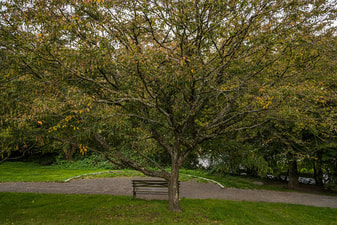Grief & Loss
|
Losing a loved one is such a painful part of life.
Losing one's self is often not even recognized by the medical or mental health field which can leave you feeling so alone, not heard, confused, and depressed. I do not know what it's like to have a brain injury but do I understand the confusion, sadness, loss, and anger that can accompany the experience of having a brain injury. As the wife of a brain injured husband, I have 11 years of experience being the best friend and partner to this journey. |
Finding someone to talk to about the grief you are feeling is helpful.
Maybe you are the spouse or caregiver of someone with a brain injury? Below are the many types of grief common to brain injury affected people.
Ambiguous grief is when you are grieving for someone that is still physically alive but psychologically they are gone, for example with addiction, dementia, traumatic brain injury, mental illness, etc.
Anticipatory grief is when you are grieving someone you haven't lost yet which can often accompany situations when a loved one has a terminal illness.
Delayed grief happens when symptoms of grief aren't experienced until long after a person's death or much later than is typical.
Disenfranchised grief is when your feelings of grief or loss are not supported, treated as insignificant, or otherwise invalidated by the community or society. Situations like loss of a pet, loss of your home, divorce, an aborted/miscarried pregnancy, or losing a loved one due to socially "unacceptable" causes are examples of times when grief is disenfranchised.

